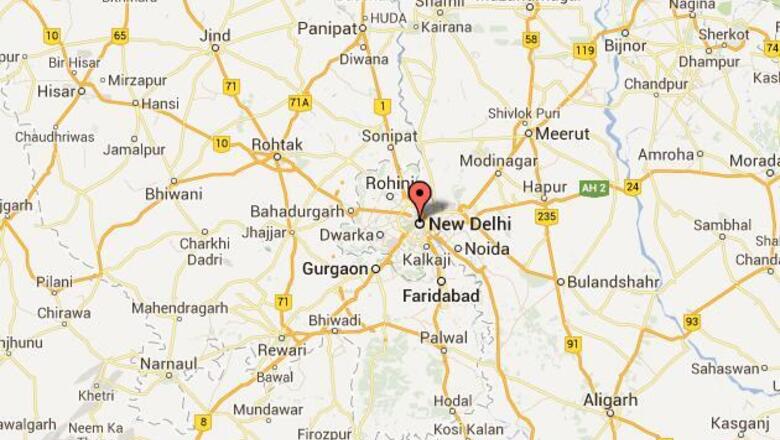
views
As the country heads for Lok Sabha elections, the Law Commission on Saturday will hold consultations on electoral reforms to firm up its views on complex issues including ban on opinion polls and fate of candidates who file false affidavits.
The national level consultations with political parties and other stakeholders are being seen as an effort of the Commission to finalise its recommendations on electoral reforms, months after it circulated a consultation paper on the issue.
In its May 2013 consultation paper, the Commission, which gives legal advice to the government on complex legal issues, wanted to know whether a people's representative should stand disqualified upon conviction in a case, or framing of charges in a court, or as soon as the investigation officer presents his report.
"The issue of electoral reforms with all its connotations has been receiving attention of the successive governments.... A divergence of views further underlines the need to engage in identifying the direct and indirect connection between these issues and the constitutional obligations of strengthening democracy and the rule of law," the law panel had said.
It will also make recommendations on whether to altogether ban publication and broadcast of opinion polls between announcement of election schedule and final phase of polling. Existing law allows EC to ban them just 48 hours prior to voting. The Election Commission, the Attorney General, major political parties, except BJP, have supported the move to ban opinion polls.
The Law Commission had also asked whether, in addition to the existing scheme of disqualification, a new statutory provision needs to be inserted for evaluation of fitness of a candidate by an independent body. It had sought opinion on whether filing of a false affidavit should be a ground for disqualification. "If yes, what mode and mechanism needs to be provided for adjudication on the veracity of the affidavit," it had asked.
On the issue of state funding of election expenses and regulation of conduct of political parties, the Law Commission had asked whether there should at all be state funding of elections of a candidate or political party. It had said if there was state funding, what should be its criteria and the quantum of funding.
The consultations will help new Law Commission Chairman Justice (retd) A P Shah to finalise the recommendations and present them to the government.
But it is to be seen whether the government will be able to act on the recommendations as it would mean amending the Representation of the People Act and taking it to Parliament which will meet between February 5 and February 21. This would be the last session before general elections due this summer.



















Comments
0 comment